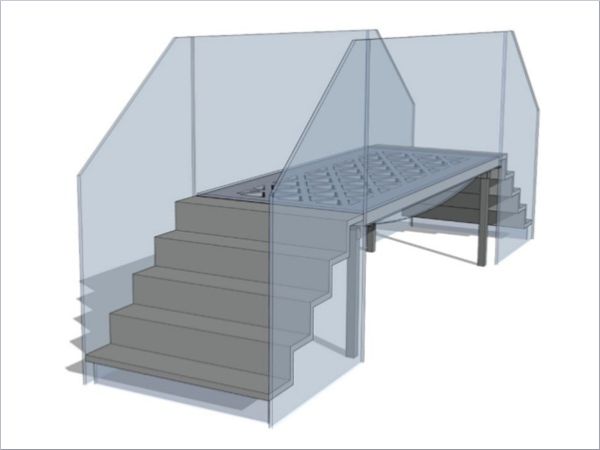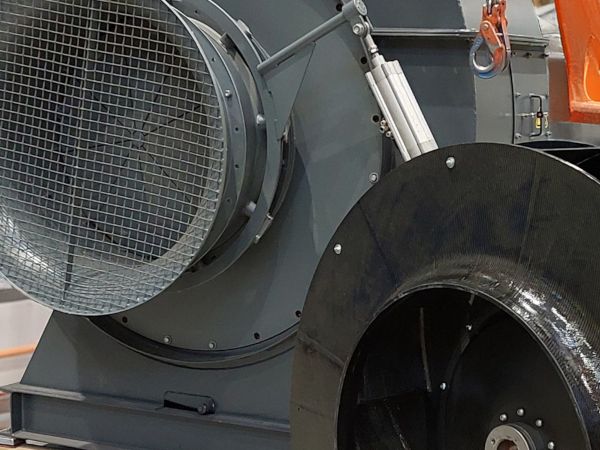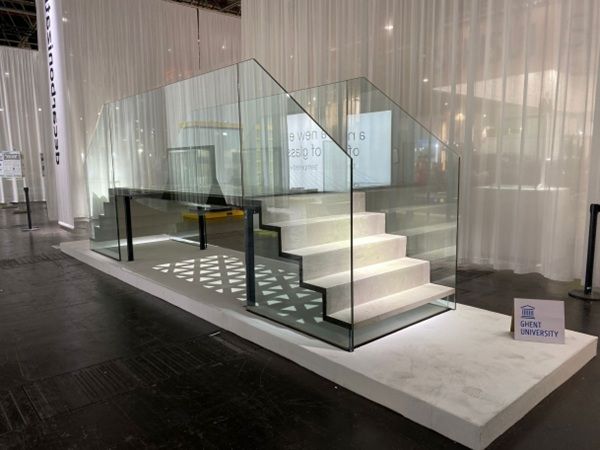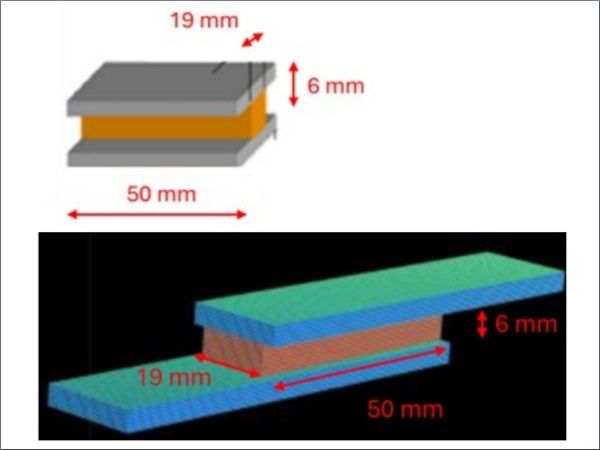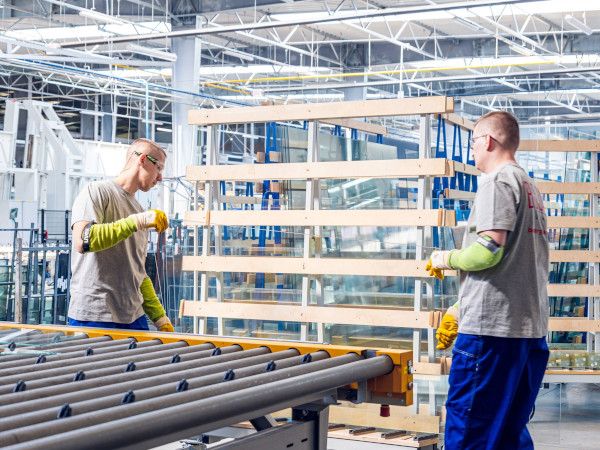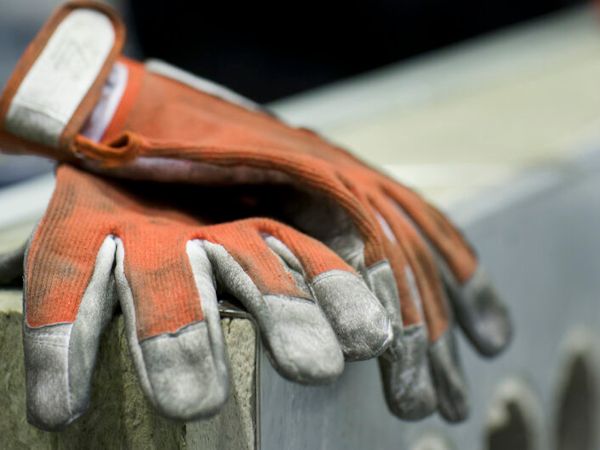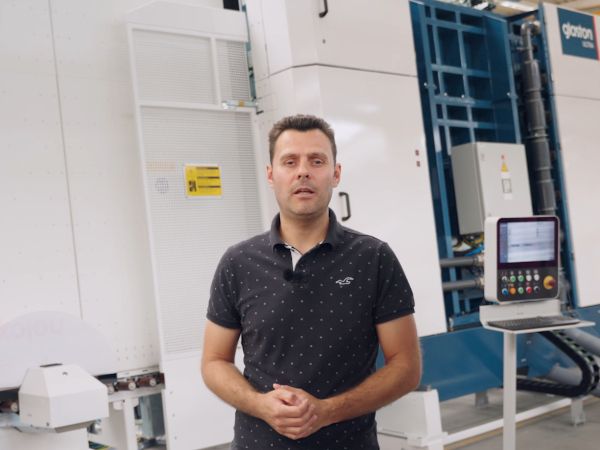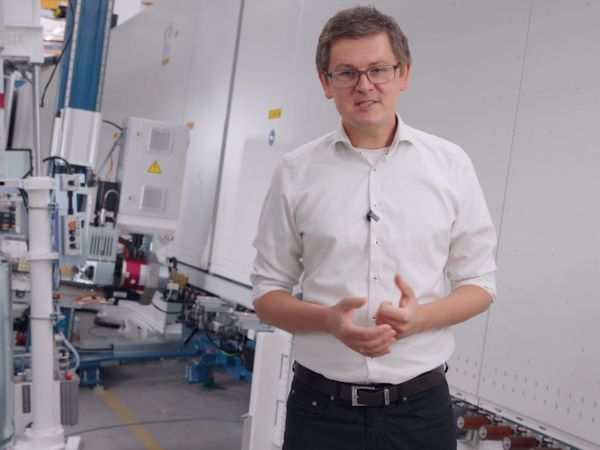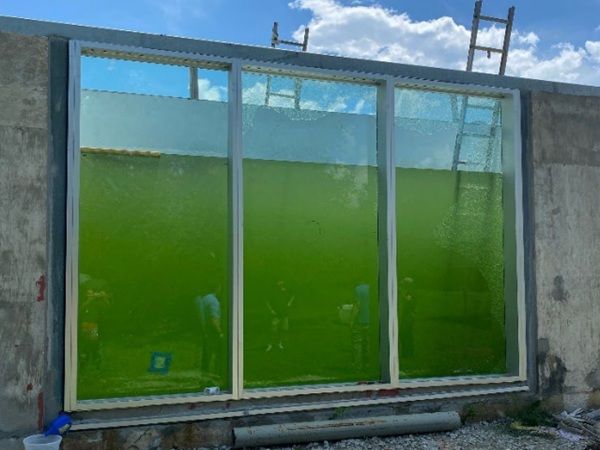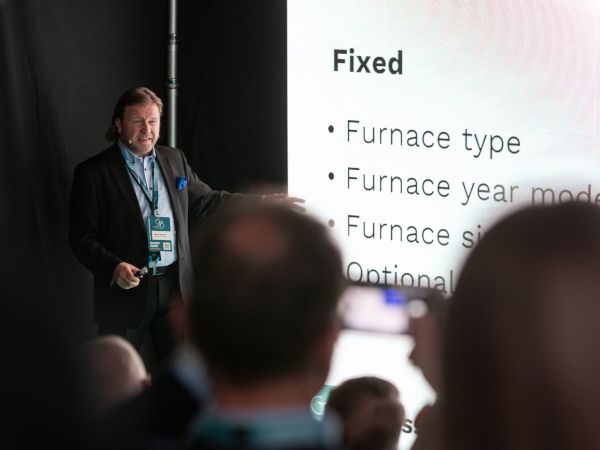Others also read
| This article presents how the pioneering G2C (Glass-to-Concrete) project is redefining construction by successfully integrating bonded glass and concrete into a full-scale pedestrian bridge demonstrator.
| Highly efficient building-integrated photovoltaics are entering a new phase, combining strong performance with expanded colour and design freedom.
| Reducing energy consumption in glass tempering is no longer optional — and new cooling innovations are making it achievable.
| This study demonstrates how fibre-reinforced and ultra-high-performance concretes enable structurally bonded glass-to-concrete systems, opening new possibilities for efficient, sustainable, and visually striking hybrid structures.
| A new study explores how smarter structural design and adhesive optimization in glass-metal façades can significantly cut embodied carbon while maintaining performance and integrity.
| Latest on Glastory by Robert Jenks: Improving your performance for a lifetime - Smart strategies for glass processing line success (Part 2/2)
| Smart glass, simplified. Meet OSSE, Organic Semiconductor Materials for Sustainable Electronics, from the University of Turku.
| In Part 1 of the new Glastory blog series, the article explores how production uptime becomes a competitive advantage and which strategies help keep operations smooth and businesses strong.
| In this seventh episode, we’re exploring how dynamic mixing enhances sealing quality and speed.
| At Step Change 2025, ReViSalt demonstrated how its innovations are reshaping the future of glass strengthening.
| In this sixth episode, the focus is on how to assemble and gas-fill IG units synchronously.
| Fresh from Step Change 2025, Lithium Designers GmbH, the Frankfurt-based innovators transforming façade planning through parametric design and 3D-printed nodes, shared their insights on how technology is reshaping the future of architectural design.
| At Step Change 2025, in connection with Glass Performance Days 2025, eLstar Dynamics wowed us with their smart glass tech that dynamically shifts from ultra-dark (0.1% transparency!) to crystal clear (up to 70%).
| In this fifth episode, the focus is on how the new TPS® PRO Applicator achieves up to 15% higher yield.
| In this ninth episode of #AskGlaston flat tempering series, we explore how to optimize energy efficiency in the case of short loadings.
| In this fourth episode, the focus is on how to clean glass plates efficiently.
| ASTM has introduced a new standard, ASTM E3401, to guide the safe use of laminated glass in swimming pools, aquariums, and other applications subject to hydrostatic loads.
| In this eighth episode, we delve into optimizing energy efficiency in Low-E production.
| How do you move glass plates without a single scratch?
| By Errol Bull, P.E., CSI, an Application Development Leader at Momentive Performance Materials Inc. Member: IIBEC, ASTM C24, ISO TC59/SC8
| Discover how TPS® boosts IGU longevity and energy performance in this Glastory blog and download the presentation.
| In the seventh episode of the #AskGlaston flat tempering series, the focus is on the Tempering Autopilot.
| Dive into the blog to learn how cutting-edge solutions are making ultra-thin glass production possible—and scalable.
| In this sixth episode of #AskGlaston flat tempering series, we explore how to avoid loading delays in tempering.
| As labor shortages and efficiency demands grow, automation is transforming glass tempering—starting with AI-driven batch building that boosts productivity, cuts energy use, and maximizes furnace performance.

